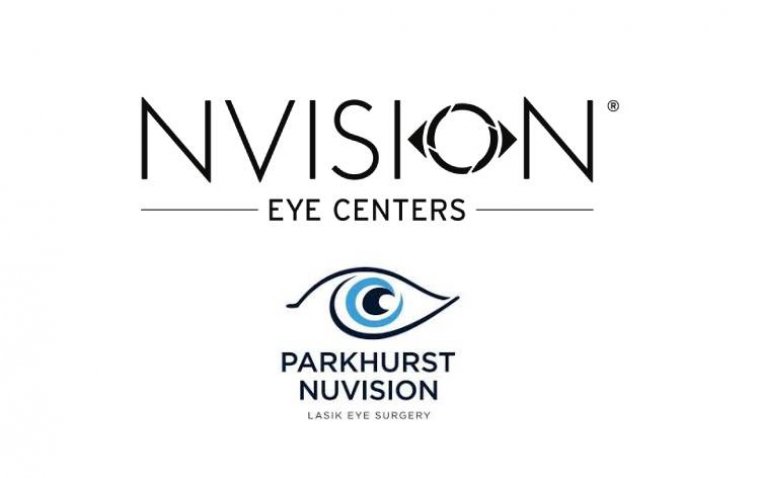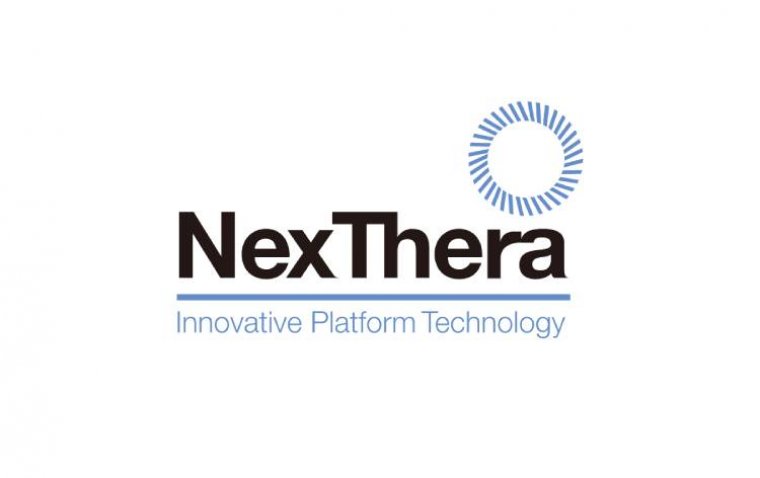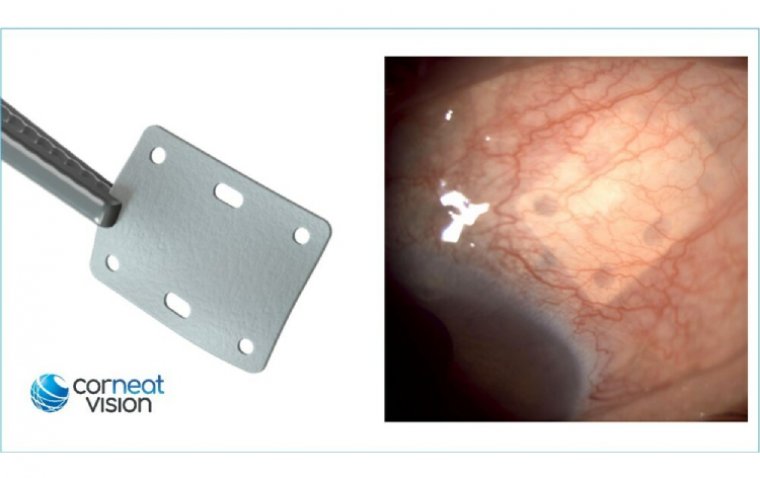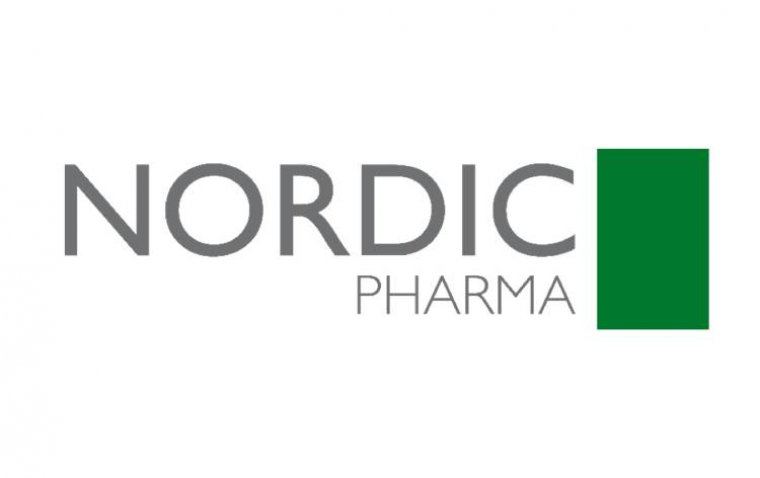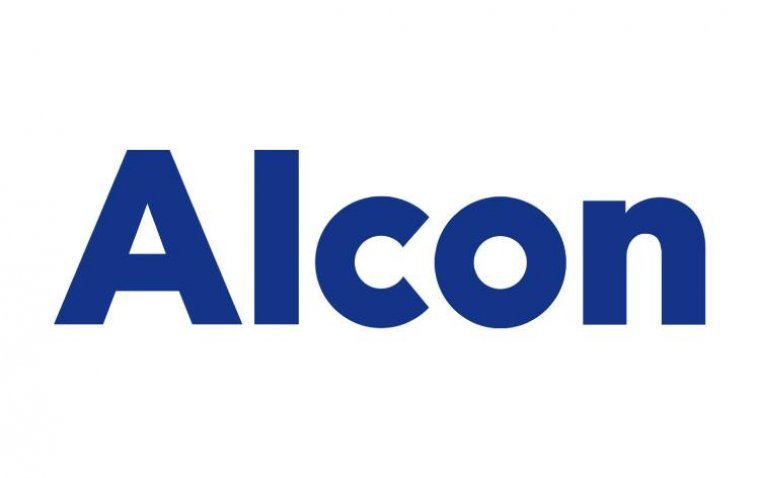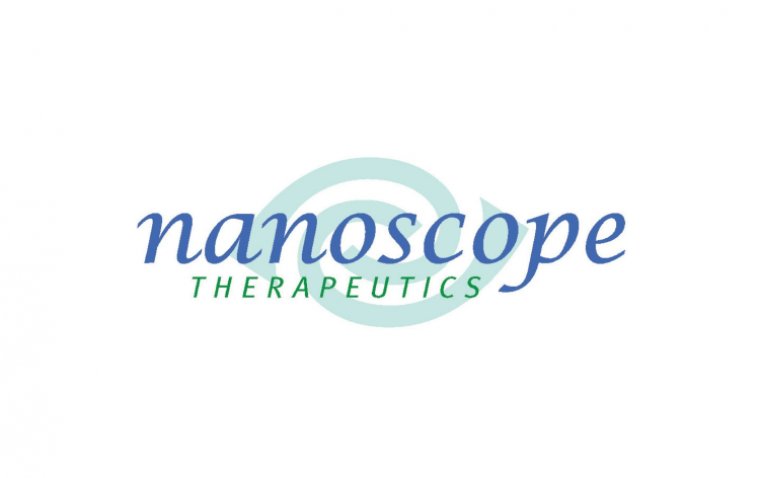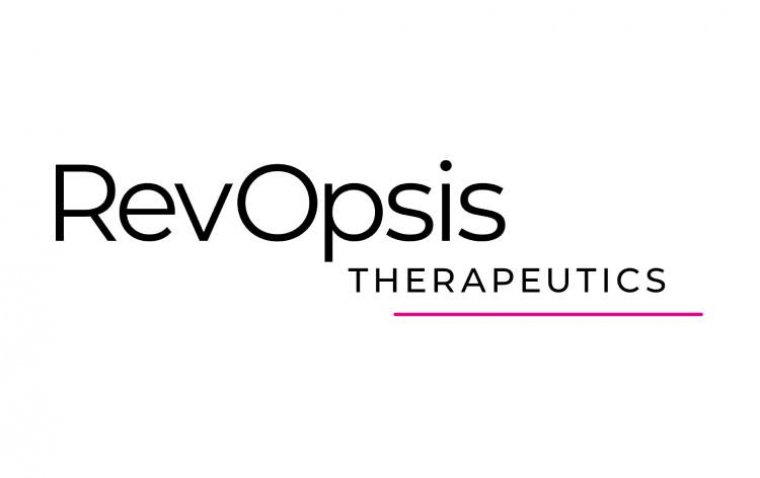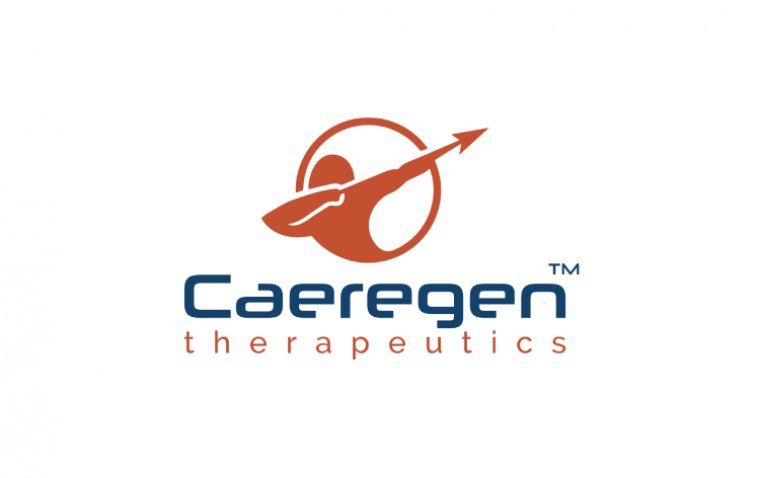
Caeregen Therapeutics Receives $1.4M Funding for Retinal Disease Candidate
Caeregen Therapeutics announced that it has received a $1.4 million Phase 2 Small Business Innovation Research (SBIR) grant from the National Institutes of Health (NIH) and National Eye Institute (NEI).
The grant has been awarded to further the advancement of CTR-107 (Noregen™), an innovative regenerative therapeutic aimed at treating vision loss associated with various inherited and age-related retinal-related diseases. Initially, Caeregen is focusing on the development of CTR-107 to address a rare inherited retinal disorder known as Familial Exudative Vitreoretinopathy (FEVR).
“The NIH grant will support the nonclinical development program of CTR-107 and accelerate our investigational new drug (IND) submission to begin clinical trials,” said Walter Capone, CEO of Caeregen Therapeutics. “This award provides further, important validation for CTR-107 and our novel approach to retinal disease treatment, the first with the potential to restore retinal function and reverse vision loss,” said Dr. Kimberly Drenser, Chief Scientific Officer of Caeregen Therapeutics.
Retinal disease constitutes the primary cause of vision loss in developed nations and is rapidly becoming the leading cause of blindness worldwide. Presently, it is estimated that vision-depriving retinal diseases, such as macular degeneration, diabetic retinopathy, retinal vein occlusion, and ischemia, impact over 10 million individuals in the United States and Europe, respectively, and more than 50 million people globally1,2,3. There are also less frequent but equally devastating causes of vision loss associated with genetic alterations or mutations affecting retinal structure or function, such as Norrie Disease, Osteoporosis Pseudoglioma Syndrome, and FEVR.
Both age-related and acquired retinal disorders share a common feature: the gradual deterioration of the retinal vascular bed and related neurovascular structures. Although current therapies can slow down the progression of vision loss, they do not have the capability to repair or reverse the existing retinal damage.
CTR-107 is an artificial targeted growth factor designed to mimic the properties of norrin, a naturally occurring human protein that plays a crucial role in promoting the development of organized blood vessels and neurons in the human eye, ear, and central nervous system. When administered as an eye injection, CTR-107 has the potential to regenerate retinal blood vessels and neurons, thereby restoring retinal function and counteracting vision loss caused by FEVR and other retinal diseases.
The Phase 2 SBIR grant builds upon previous research, including findings from a Phase 1 STTR grant, which demonstrated the feasibility of production, safety/tolerability, modulation of target gene expression in vitro, and in vivo functional activity. During the Phase 2 SBIR grant-supported research, the company will focus on optimizing dosing through in vitro and in vivo studies, further developing analytical methods for product characterization, and conducting pharmacokinetic studies to support the submission of an IND (Investigational New Drug) application.
CTR-107, also known as Noregen™, has achieved the distinction of being the first program to secure the U.S. FDA Rare Pediatric Disease (RPD) Designation for the treatment of FEVR. This prestigious designation renders Caeregen eligible to acquire a Priority Review Voucher upon receiving marketing approval. Additionally, CTR-107 has already been granted Orphan Drug Designations by both the FDA and the European Medicines Agency (EMA) of the European Commission.
(1).jpg)
